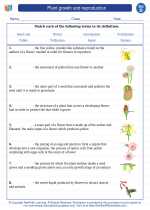Dust
Dust is made up of tiny particles that can be found in the air and on surfaces. These particles can come from a variety of sources, including soil, pollen, skin cells, and pollutants from cars and factories. Dust can have a major impact on air quality and can also affect human health.
What is dust made of?
Dust is made up of a variety of particles, including soil, pollen, skin cells, and pollutants from cars and factories. These particles can vary in size and composition, and can have different effects on air quality and human health.
Where does dust come from?
Dust can come from a variety of sources, including natural sources such as soil and pollen, as well as human activities such as driving cars and operating factories. Dust can also be created indoors from activities such as sweeping, vacuuming, and pet dander.
How does dust affect air quality?
Dust can affect air quality by contributing to the levels of particulate matter in the air. Particulate matter can have negative effects on human health, and can also contribute to environmental issues such as smog and acid rain.
How does dust affect human health?
Dust can have negative effects on human health, particularly when inhaled. It can exacerbate respiratory conditions such as asthma and allergies, and can also contribute to lung and heart problems. Additionally, some dust particles can contain harmful substances such as heavy metals and pesticides, which can pose a risk to human health.
Study Guide
.◂Science Worksheets and Study Guides Fourth Grade. Plant growth and reproduction
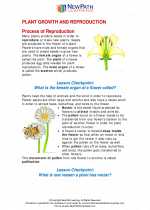
 Worksheet/Answer key
Worksheet/Answer key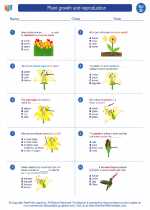
 Worksheet/Answer key
Worksheet/Answer key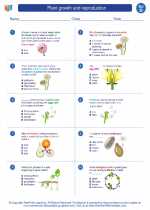
 Worksheet/Answer key
Worksheet/Answer key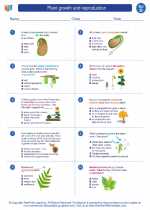
 Vocabulary/Answer key
Vocabulary/Answer key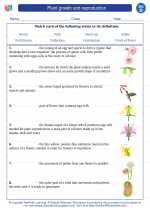
 Vocabulary/Answer key
Vocabulary/Answer key